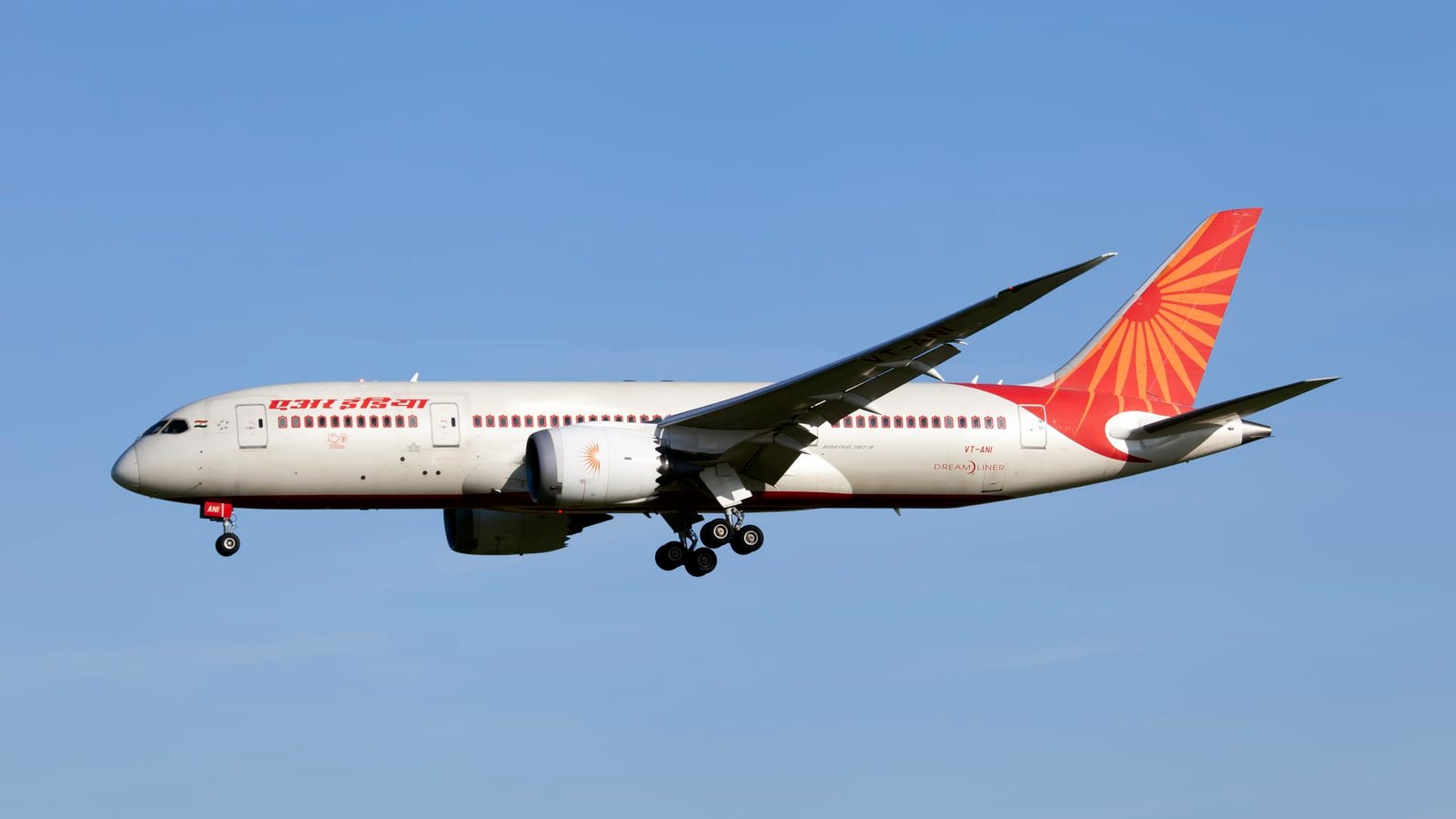An Air India Boeing 787-8 Dreamliner.
Sopa Images | Lightrocket | Getty Images
LONG BEACH, Calif. – In a significant address at the Airline Passenger Experience Association’s conference, Air India CEO Campbell Wilson discussed the airline’s renewed commitment to safety following a tragic incident that marked the deadliest aviation disaster in a decade. The crash of Air India Flight 171 on June 12, which resulted in the loss of 241 lives, has prompted the airline to adopt what Wilson describes as a “new normal” in operational safety.
The Boeing 787-8 Dreamliner, which was en route to London, crashed mere seconds after takeoff from Ahmedabad, India. The incident not only claimed the lives of nearly all passengers but also resulted in the deaths of 19 individuals on the ground, amplifying the tragedy’s impact on the community and the nation.
A preliminary investigation report released in July revealed alarming details about the cockpit’s final moments. Confusion reigned as fuel cutoff switches were inadvertently activated. The cockpit voice recording captured a tense exchange between the pilots, with one questioning the other about the fuel cutoff, only to receive a bewildered response indicating that the action was not intentional.
Wilson, while acknowledging the ongoing investigation, expressed deep sympathy for the victims and their families. “This has been an absolutely devastating event for the people involved, for families, for the company, for staff,” he stated. “Our focus over the last two months has been very much to support them in every way possible.” His remarks underscore the emotional toll that such incidents take on all stakeholders involved.
As the investigation unfolds, Wilson emphasized that Air India is collaborating closely with regulatory authorities to ensure that any lessons learned from this tragedy are implemented effectively. “The preliminary report indicates nothing wrong with the aircraft, nothing wrong with the engines, nothing wrong with the airline’s operation,” he noted. However, he also mentioned that the airline has initiated a significant safety pause to reassess and reinforce its operational practices and procedures.
In the wake of the crash, Air India is not only focusing on immediate safety measures but is also continuing its ambitious modernization efforts. The airline, which was privatized by the Tata Group three years ago, is in the midst of a comprehensive overhaul aimed at enhancing its competitiveness in India’s rapidly expanding aviation market. This modernization initiative includes the introduction of new cabin designs and advanced technology, as well as a substantial order for approximately 570 new aircraft.
Wilson, who has a wealth of experience in the aviation sector, having previously served as CEO of Scoot, Singapore Airlines’ low-cost carrier, highlighted the advantages of privatization. “Once Air India was privatized, we could adopt more normal private sector practices, make long-term decisions, and had the capital to invest,” he explained. This shift has allowed the airline to pursue a more aggressive growth strategy, positioning it to better compete with both domestic and international carriers.
The historical context of Air India’s challenges cannot be overlooked. Founded in 1932, the airline has faced numerous ups and downs over the decades, including periods of nationalization and privatization. The recent privatization has been seen as a pivotal moment, offering the airline a chance to reinvent itself and regain its status as a leading player in the aviation industry.
In light of the recent tragedy, the airline’s leadership is acutely aware of the need to rebuild trust with passengers and stakeholders. Wilson’s commitment to a heightened focus on safety reflects a broader industry trend, where airlines are increasingly prioritizing operational integrity and passenger confidence in the wake of high-profile incidents.
As Air India navigates this challenging period, the emphasis on safety and modernization will be crucial in shaping its future. The airline’s ability to learn from this devastating event and implement necessary changes will determine its trajectory in an increasingly competitive landscape.
In conclusion, the crash of Air India Flight 171 serves as a stark reminder of the inherent risks in aviation and the critical importance of safety protocols. As Air India embarks on a journey of recovery and transformation, the focus on operational excellence and passenger safety will be paramount. The airline’s leadership, under Campbell Wilson, is committed to ensuring that the lessons learned from this tragedy will lead to a safer and more reliable travel experience for all.











